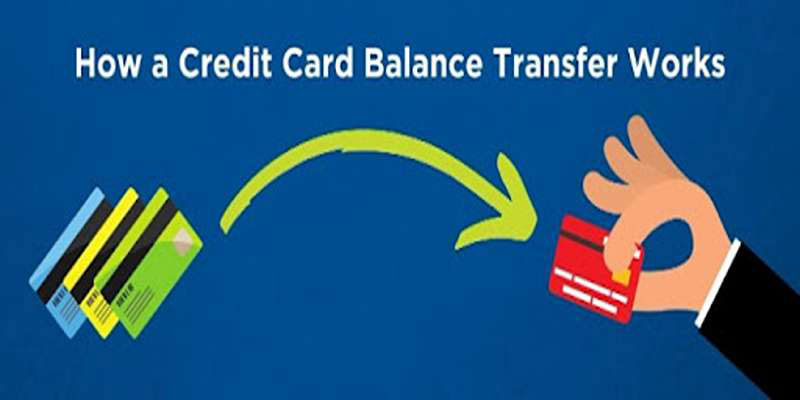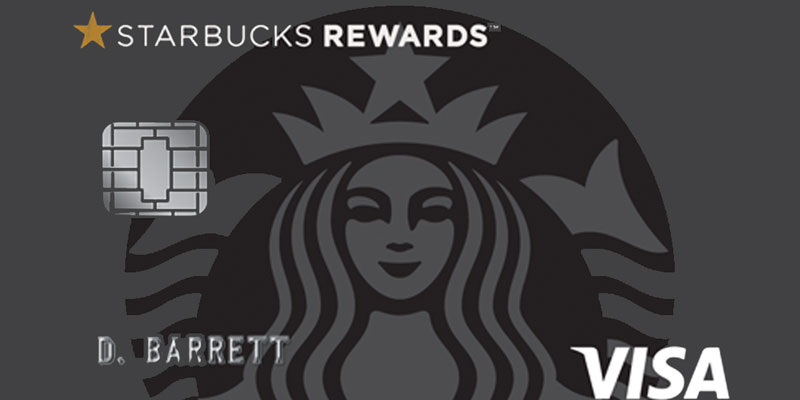Should You Cosign A Student Loan For Your Child?
Feb 09, 2024 By Susan Kelly
Help your kid get approved for a loan and get better conditions by cosigning on their application. But it may also affect your credit, making it more difficult to get loans in the future if you need them. Of course, a parent wants what's best for their kid. When it comes to funding their education, this may mean cosigning a student loan application. There are several things to think about before deciding whether or not to cosign your college education for your kid.
Do You Need A Cosigner For A Student Loan?
College students may get federal student loans without having their credit checked. If your kid can get enough money for college via federal loans, scholarships, grants, and other sources, they won't require you to cosign any loans. However, private student loans may be necessary if your child's financial aid from the federal government runs out before they graduate and they still need to save more to cover their remaining costs. In contrast to government loans, private loans sometimes include a credit check, which may be a huge hurdle for college students who may still need to establish credit. Having a parent cosign the application might increase the likelihood of approval.
What Happens When You Cosign A Student Loan?

You take on a major financial responsibility when you cosign on a student loan. Since a co-signer's promise to repay a loan becomes binding if the principal borrower defaults, this is the case. Aside from your income and credit score, the lender will also consider other aspects. Cosigning not only improves your child's chances of being approved, but it may also help them get a better interest rate on their loan. However, the loan will remain on your credit reports regardless of whether or not you make payments since you are legally responsible if your kid defaults. Private lenders may sometimes provide co-signer release programs, whereby the main borrower may have the co-signer removed once they have made a certain number of on-time payments and shown that they are financially responsible enough to repay the loan on their own.
The Benefits And Drawbacks Of Cosigning A Student Loan

Cosigning a student loan is a good idea if it helps your kid get a better deal, but it also comes with some risk for you. Consequently, weigh the pros and negatives before moving forward.
Pros
- Cosigning a student loan application might help your kid acquire the cash they need to stay in school if they have no other choices.
- Have the potential to reduce your kid's financial burden: To assist your kid in qualifying for a low-interest rate and, therefore, a smaller monthly payment, you should have excellent credit and a low debt-to-income ratio (DTI).
- You won't need any loans because: If you want to help your kid pay for college, you could take out a parent PLUS loan or maybe even a private parent loan, but then you would be the principal borrower, which might have serious consequences for your financial stability and plans.
Cons
- The potential for harm to your credit score: Both you and your kid will have a record of the loan and, indeed, the monthly payments on your credit reports. Therefore, if your kid is 30 days or more late with a payment, it might seriously impact your credit score.
- Possible damage to your credit rating: Your credit score may be affected even if your kid pays all the loan payments on schedule. The monthly payment amount will be added to the loan principal when determining your debt-to-income ratio. The loan may affect your future access to credit depending on your credit history and current financial condition.
- Your ability to save monthly money may be impacted: Your kid may graduate from college and then have trouble paying back their student debts. Suppose you need to take over the payments. In that case, it might negatively influence your capacity to prepare for retirement, pursue other financial objectives, or even meet your most fundamental financial commitments.
Conclusion
It's only natural for parents to want to pitch in and assist with the rising expense of higher education. The most common method for people to accomplish this is by creating a 529 savings account and putting aside money from each paycheck or other source as they are able. However, parents may take out loans to assist their children in paying for college. Federal Parent PLUS loans are a popular choice for parents since they have a set interest rate and are guaranteed by the federal government. Nonetheless, parents often sign forward with private student loans with their children. This is typical because college students still need the credit history necessary to qualify for such loans.

Stated Value Car Insurance

Benefits of LensCrafters Credit Card – The Ultimate Review

What Is the Effective Yield?

Navigating Farm Loans: Unveiling the Best Options and Securing Your Agricultural Future

Guide to Setting Up Your First Health Savings Account

Marqeta’s Processing Volume Hits $71 Billion

Balance Transfer Credit Cards: What You Need to Know

Review of the Starbucks Rewards Visa Card for 2022

U.S. Bank and Billtrust Boost B2B Payments

